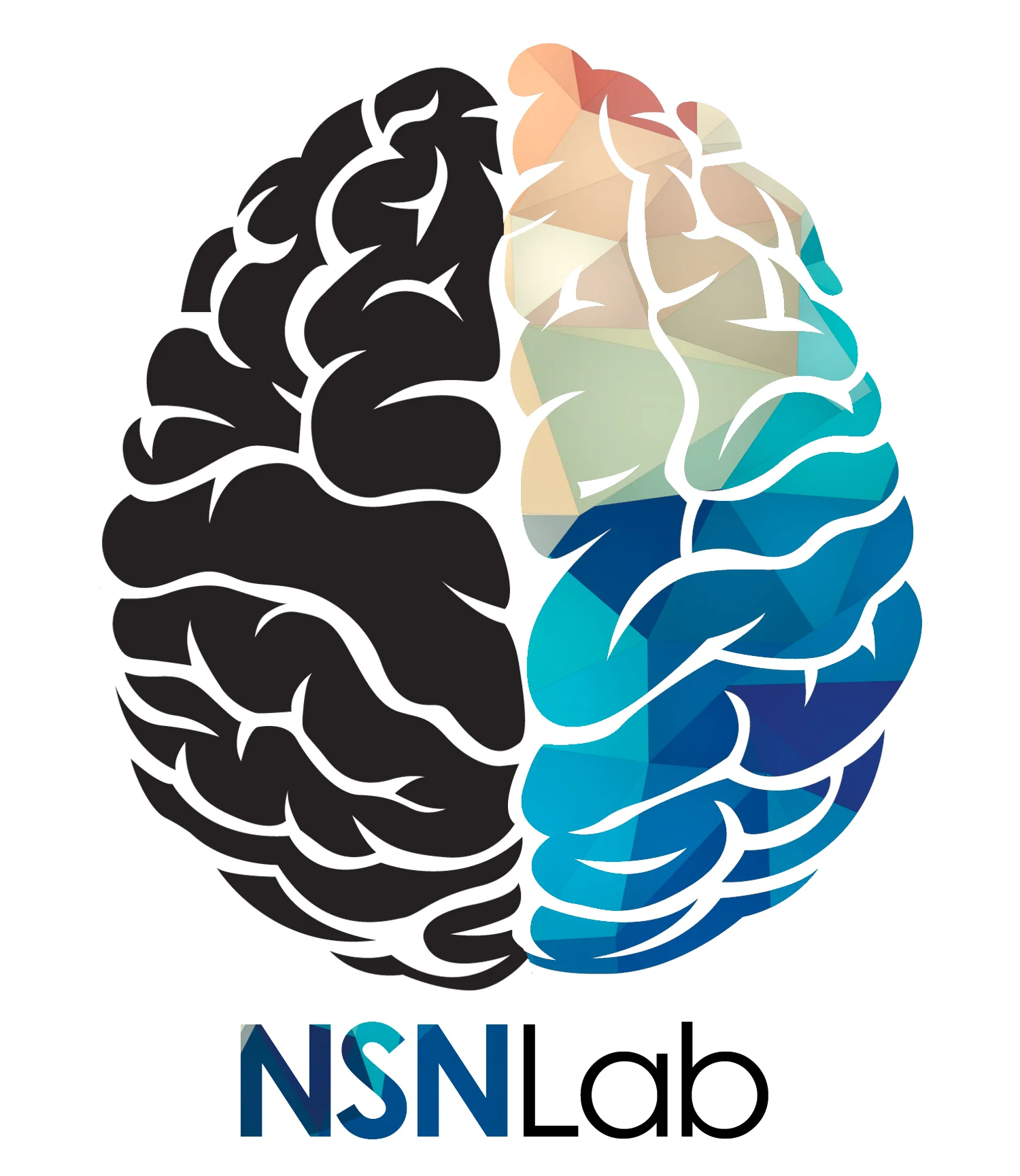About the lab.
Nash Social Neuroscience Lab
The Nash Social Neuroscience Lab is grounded in the neuropsychology of motivation and goal-regulation (Corr, 2008; Gray & McNaughton, 2000). People feel distress when two goals or impulses come into conflict. Distress promotes disengagement from the conflicted goal and subsides when a viable goal is pursued or the conflict is actively resolved. Goals focused on moving towards positive outcomes (i.e., approach-motivated goals) are particularly effective at regulating distress. Approach-motivated goals initiate a kind of ‘tunnel-vision’ or focus that increases the salience of rewarding stimuli and decreases the salience of irrelevant, potentially obstructive stimuli. Conflict may also be resolved through self-control—the process in which thoughts, emotions, or impulses are inhibited to pursue a more focal goal.
From this perspective, we investigate the interface between basic neural, motivational, and affective mechanisms with personal convictions, social decision-making, and intergroup behaviors. We currently have six related lines of research. First, we examine individual differences in distress and conflict. Second, we examine social decision-making and self-control. Third, we examine individual differences in intergroup bias. Fourth, we examine the neuropsychology of threat and ideological convictions. In this research, we primarily use EEG and MRI. Fifth, we examine the neuropsychology of health and well being. Sixth, we examine moral values and moral decision-making.

